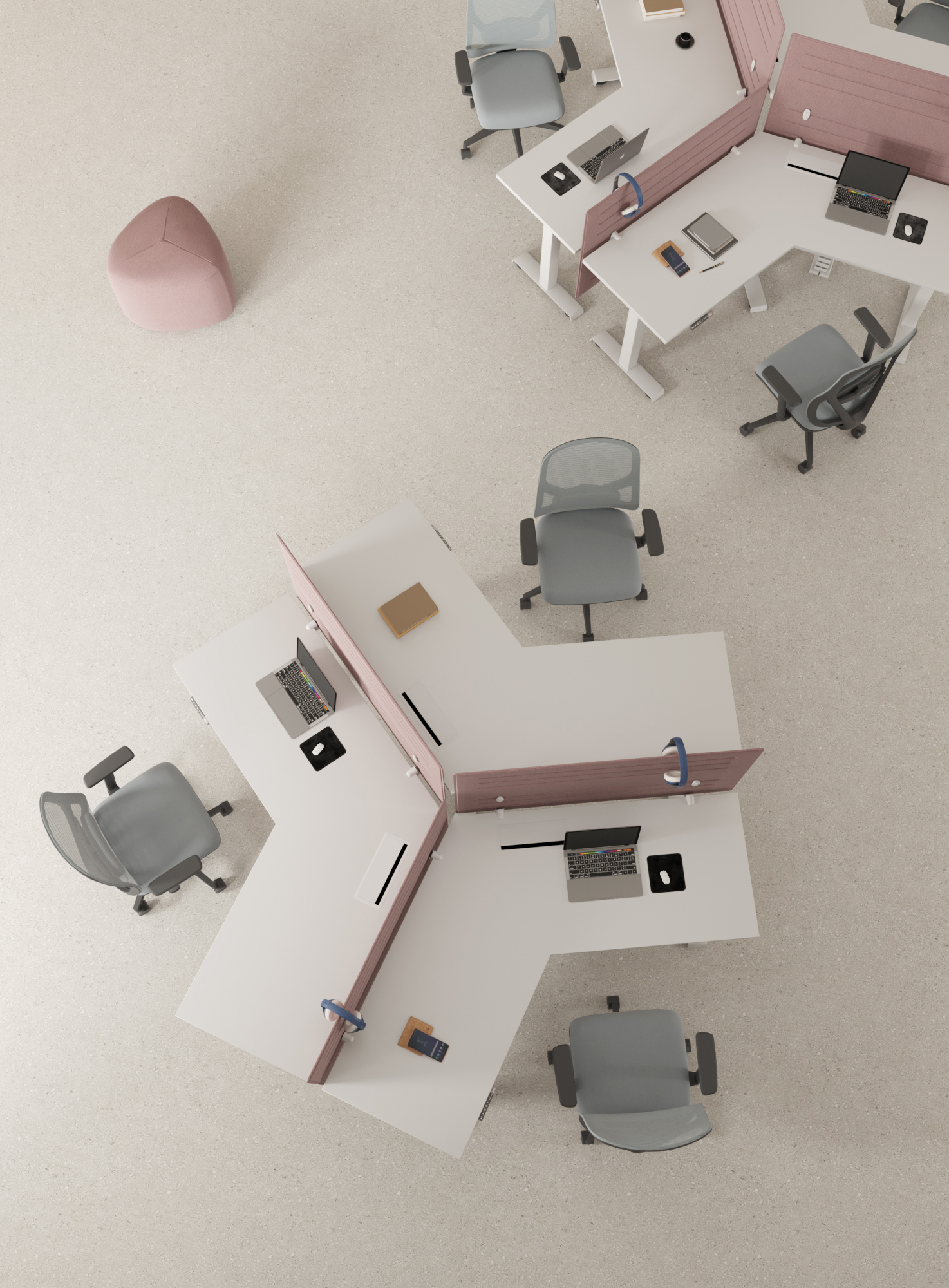As workplaces evolve in response to shifting work habits and employee expectations, the demand for flexible and modular furniture has surged. Companies are moving away from traditional, fixed layouts to embrace adaptable designs that prioritize collaboration, creativity, and comfort.
-1-scaled.jpg)
Key Drivers of This Trend:
- Hybrid Work Models: With many organizations adopting hybrid work policies, there is a growing need for furniture that can cater to both in-office and remote work scenarios. Modular systems allow businesses to easily reconfigure spaces based on usage and team size.
- Focus on Employee Well-Being: Ergonomics and comfort are now top priorities for employers. Flexible furniture designs that adapt to individual needs help reduce fatigue and boost productivity.
- Sustainability Matters: Eco-conscious companies are seeking furniture solutions made from sustainable materials and designed for longevity. Modular pieces reduce waste by offering reconfigurability instead of replacement.
- Aesthetic Appeal Meets Functionality: Modern furniture trends emphasize clean lines, minimalistic designs, and multi-functional features, blending seamlessly with contemporary office environments.

Looking Ahead:
The future of office furniture lies in creating solutions that are not only versatile but also aligned with the dynamic needs of a modern workspaces. Companies investing in adaptable designs now will likely set themselves apart in fostering innovation and employee satisfaction.
-1-scaled.jpg)

